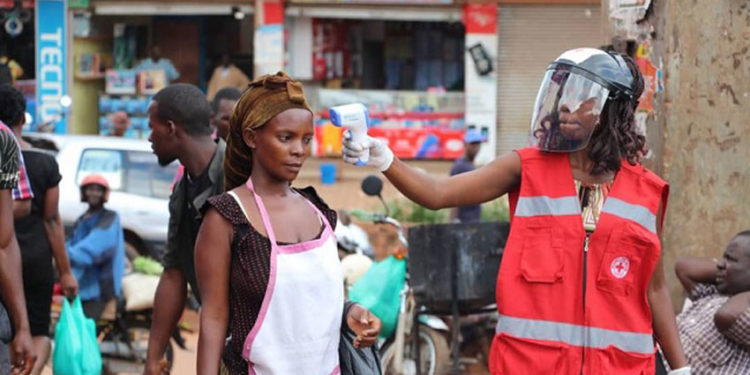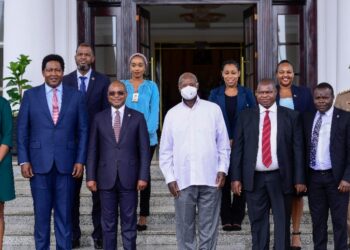A report produced by Financial Sector Deepening Uganda (FSD Uganda) shows that over half of Ugandan adults were at risk of being unable to sustain their lifestyles since day one of the lockdown that was announced by President Yoweri Museveni in March this year to control the spread of the coronavirus pandemic.
Launched by FSD Uganda in partnership with the Ministry of Finance, Planning, and Economic Development (MoFPED), the report aimed at assessing the economic resilience of Ugandans prior to the first reported case of COVID-19. The data provided insights into what the potential financial impact of the pandemic would be on Ugandans.
According to the analysis, 57 per cent of adult Ugandans were at risk of not being able to sustain their current lifestyle after just one day of lockdown and 81 per cent were at risk of not being able to sustain it after only 15 days.
The lockdown has been running for over 40 days.
The report further noted that due to the lockdown, Uganda was at risk of losing significant gains made in financial inclusion thus impacting the goals of the National Financial Inclusion Strategy (NFIS) and Financial Sector Development Strategy (FSDS).
“4,800 UGX (1.3 USD) is the median amount of liquid savings (cash) available to Ugandans at any given time. These will be easily drawn down in a lockdown when income is heavily compromised, while expenditures have not reduced proportionately.
“35 per cent Ugandans invested in assets such as livestock to resell in the future and 42 per cent belong to a Savings Group. However, an economic crisis could result in distress asset sale, meaning that people will resort to selling assets like livestock at below market value. Depending on how long the lockdown or its effects last, there could be a draw down on savings at these savings groups,” the analysis conducted by FSD Uganda and Altai Consulting Limited stated.
It also highlighted that due to lockdown, three million Ugandans mostly in urban areas were at survival risk; and 23 per cent of people who earned their income daily or irregularly were at risk of losing 100 per cent of their livelihoods.
In their recommendations, FSD Uganda said a pandemic such as COVID-19 would further deepen structural divides and disadvantages thus calling out policy makers, regulators, private sector entities and development partners to come up with immediate, medium and long-term solutions to keep the most vulnerable at the center.
“These are extraordinary times, requiring extraordinary solutions and approaches. Policy Makers, Regulators and Development Partners will need to work together with various formal and informal financial institutions to ensure relief and stimulus measures are structured in a manner that not only reach but also help the recovery of the most vulnerable.”
Do you have a story in your community or an opinion to share with us: Email us at editorial@watchdoguganda.com













